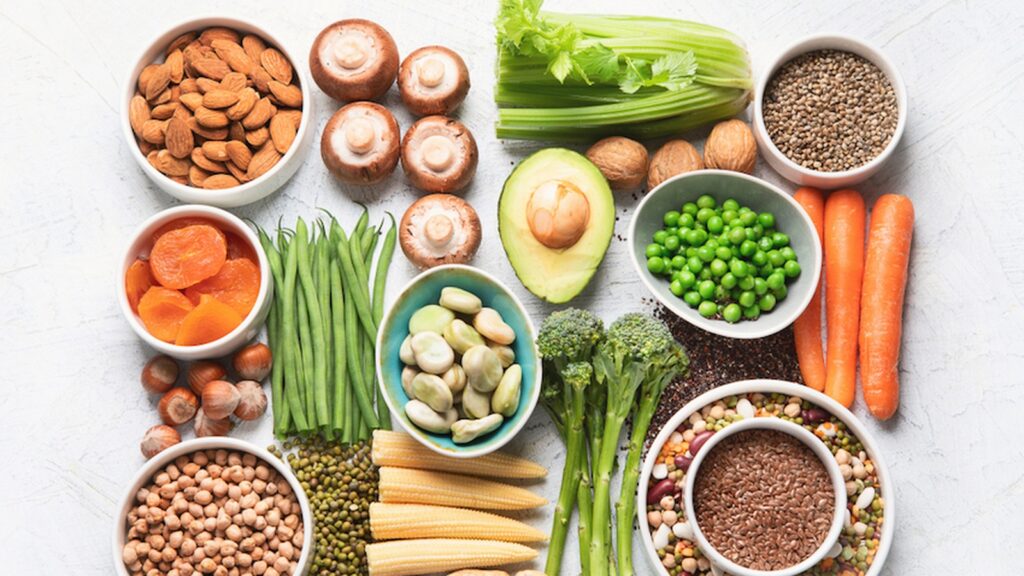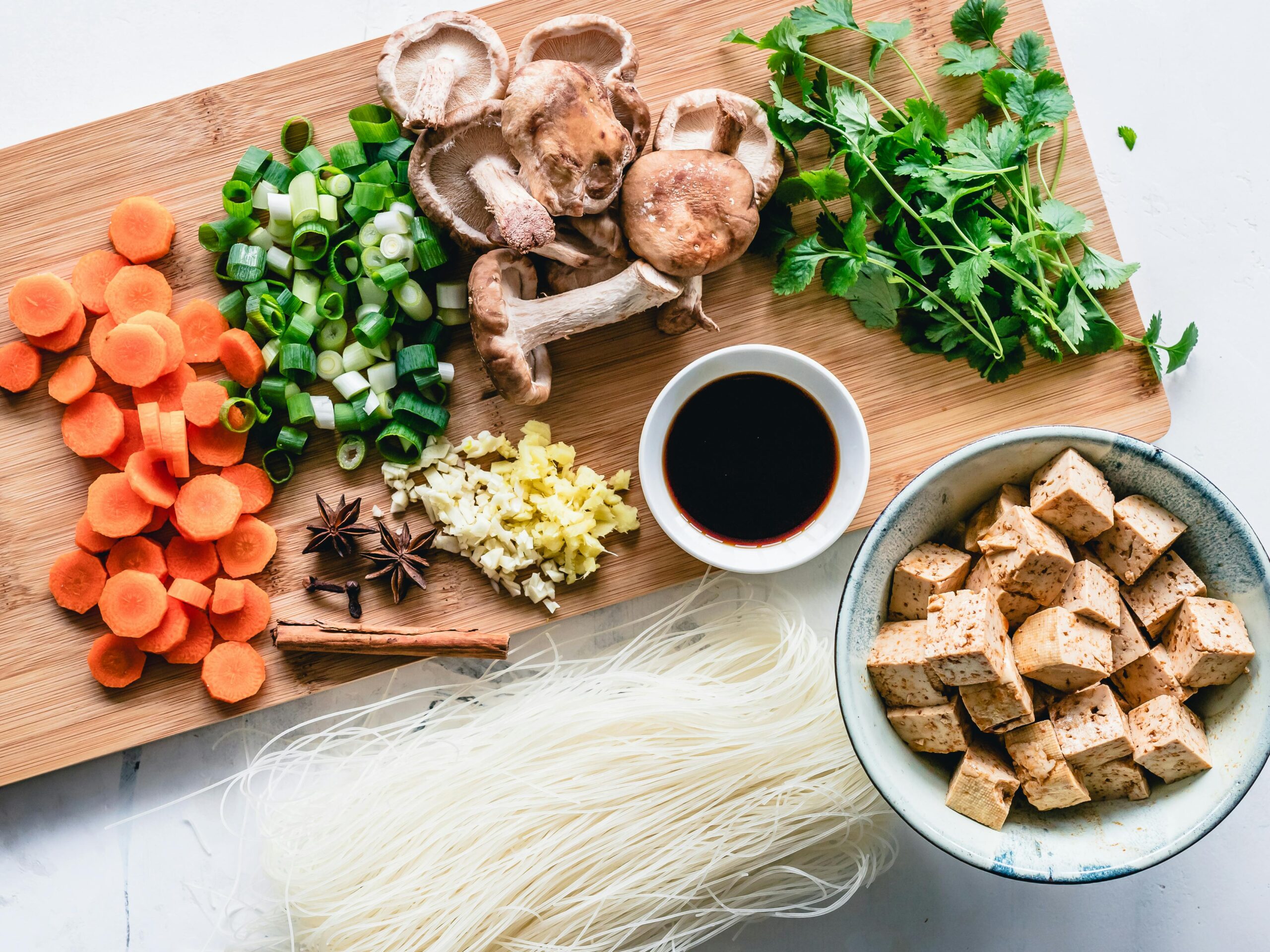In this article, we’ll explore some of the best plant-based protein sources and the unique advantages they offer.
In the modern health and wellness landscape, protein is often regarded as the cornerstone of a balanced diet. Traditionally, animal-based proteins such as meat, poultry, fish and dairy have dominated the conversation. However, plant-based proteins are rapidly gaining recognition for their health benefits, environmental sustainability, and accessibility. Whether someone follows a vegetarian or vegan lifestyle, or simply wants to diversify their diet, plant-based protein sources provide an excellent alternative to meet the body’s nutritional needs.
What is Plant-Based Protein?

Plant-based protein is derived from plant sources such as legumes, grains, nuts, seeds, vegetables, and soy. Unlike animal protein, plant-based proteins come with fiber, antioxidants, and other vital nutrients that promote overall health. Although some plant proteins are considered “incomplete” because they may lack one or more essential amino acids, combining different protein sources (e.g., beans and rice) can help create a complete protein profile.
Top Plant-Based Protein Sources
1. Legumes (Lentils, Chickpeas, Beans)
Protein content: 15–18 grams per cooked cup (varies by type)
Legumes are among the most protein-dense plant foods. Lentils, black beans, kidney beans, and chickpeas are affordable, versatile, and easy to cook. They also provide complex carbohydrates, iron, fiber, and B vitamins.
Benefits:
- Lower cholesterol levels
- Stabilize blood sugar
- Support heart health
- Promote digestive health due to high fiber
2. Tofu, Tempeh, and Edamame (Soy-Based Foods)
Protein content:
- Tofu: 10 grams per half-cup
- Tempeh: 15–20 grams per half-cup
- Edamame: 17 grams per cup
Soybeans are complete proteins, meaning they contain all nine essential amino acids. Tofu (soybean curd) is great in stir-fries and soups, tempeh is a fermented soy product with a firmer texture, and edamame is boiled green soybeans, often eaten as snacks or in salads.
Benefits:
- Bone support due to calcium
- Hormonal balance (especially beneficial for women in menopause)
- High isoflavone content linked to reduced risk of breast cancer
3. Quinoa
Protein content: 8 grams per cooked cup
Quinoa is a gluten-free seed often classified as a grain. It is a complete protein, making it ideal for vegans and vegetarians. It also contains magnesium, iron, fiber, and antioxidants.
Benefits:
- Supports muscle growth and repair
- Reduces inflammation
- Improves metabolic health
4. Nuts and Nut Butters (Almonds, Peanuts, Cashews, etc.)
Protein content: 5–7 grams per ounce (2 tablespoons of peanut butter = ~8 grams)
Nuts are rich in healthy fats, protein, fiber, and antioxidants. Nut butters can be added to smoothies, toast, or used as dips.
Benefits:
- Boost heart health
- Provide long-lasting energy
- Help control appetite
5. Seeds (Chia, Hemp, Flax, Pumpkin, Sunflower)
Protein content:
- Chia: 5 grams per 2 tablespoons
- Hemp: 10 grams per 3 tablespoons
- Pumpkin: 7 grams per ounce
Seeds are compact nutritional powerhouses packed with protein, omega-3 fatty acids, fiber, and various vitamins and minerals.
Benefits:
- Improve digestion
- Support healthy skin
- Reduce inflammation
- Help build lean muscle
6. Whole Grains (Brown Rice, Oats, Barley, Millet)
Protein content: 5–9 grams per cooked cup depending on the grain
Whole grains are not only good sources of carbohydrates and fiber but also contain moderate amounts of protein.
Benefits:
- Help maintain energy levels
- Regulate blood sugar
- Promote satiety and weight control
7. Green Vegetables (Spinach, Broccoli, Kale, Peas)
Protein content: 2–5 grams per cooked cup
While not high in protein per serving, green veggies contribute to your daily protein needs when eaten in large enough quantities. Peas, in particular, are higher in protein than many other vegetables.
Benefits:
- Rich in antioxidants and vitamins
- Support immune function
- Promote eye and skin health
8. Plant-Based Protein Powders
These include protein powders made from peas, brown rice, hemp, and soy. They are convenient for athletes, busy individuals, or anyone looking to supplement their protein intake.
Benefits:
- Quick protein source post-workout
- Easy to digest
- Often fortified with additional nutrients
Combining Plant Proteins for Completeness
While some plant proteins are incomplete on their own, combined with different sources ensures a full amino acid profile. For example:
- Rice + Beans
- Hummus (Chickpeas + Tahini)
- Whole Grain Bread + Peanut Butter
Such combinations provide all essential amino acids needed for optimal health.
Conclusion
Plant-based proteins are a powerful, health-boosting alternative to animal protein. They offer numerous nutritional and environmental benefits, from heart health and weight management to sustainable farming and ethical living. With a little planning, it’s easy to meet your protein needs through a varied and delicious plant-based diet.
Whether you’re fully plant-based or just trying to reduce your meat consumption, incorporating more plant-based proteins into your diet can lead to a healthier you—and a healthier planet.
